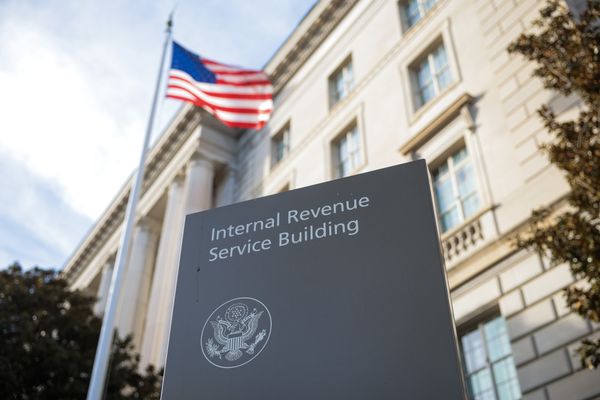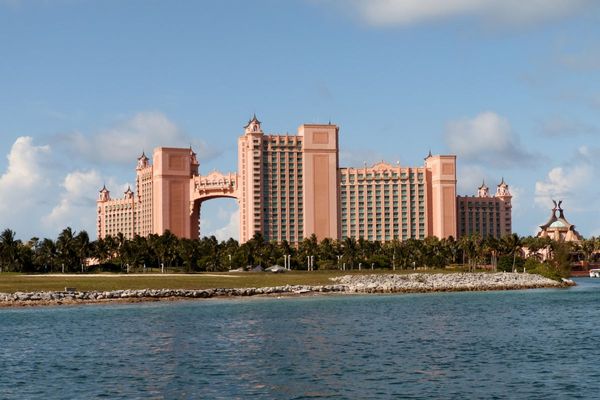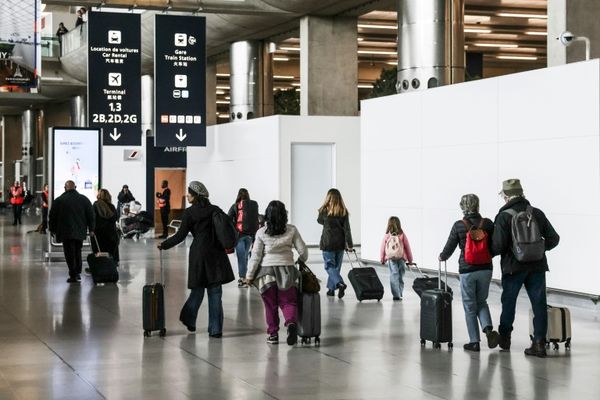Many government hospitals in Tamil Nadu are facing a shortage of drugs, particularly antibiotics. As supplies are disrupted, hospitals, especially government medical college hospitals, are able to manage by making local purchases through funds generated under the Chief Minister’s Comprehensive Health Insurance Scheme (CMCHIS).
Inquiries confirmed a shortage of a number of drugs, with antibiotics topping the list. Sources in the Health Department confirmed that the issue of Tamil Nadu Medical Services Corporation (TNMSC) not getting adequate drugs was raised during the meeting of hospital deans with Health Minister Ma. Subramanian recently. When procurement issues arise, the TNMSC, which is the nodal agency for procurement and distribution of drugs for government hospitals, issues a No Objection Certificate (NOC) for hospitals to make local procurement of drugs. Several government doctors pointed out that many of their drug needs were being managed through these local purchases.
Pointing to one such NOC issued on June 3, a physician in Chennai said, on condition of anonymity, that most medicines on the list were very essential. “The shortage of drugs still persists. Small quantities are supplied at times, but used up quickly. Some of the drugs that are in short supply are Ciprofloxcin, Furosemide, Omeprazole, Clopidogrel, Ceftriaxone and Cefotaxime. Antibiotics and IV fluids, as well as essential but sparsely used drugs, are in short supply,” he said.
Another doctor said there was a shortage of injections – Paracetamol, Diclofenac, Cefotaxime, Ceftriaxone, Benzathine Penicillin, the tablets Diclofenac and Folic Acid, the syrup Amoxycillin, and NS IV infusion 100 ml.
A doctor in Madurai said supply from TNMSC was disrupted, and they were managing through local purchases. “Fund generated under CMCHIS is our only source, as of now,” he said.
Another doctor in Tiruchi said that usually, issues in drug supply cropped up in February, and were resolved by March. “But this year, we have reached August, and we are still facing issues. Routine drugs are available, but higher antibiotics are not. We are using funds under CMCHIS to purchase the drugs, or asking patients to buy [them],” he said, adding that several essential drugs and speciality drugs were on the ‘not-available’ list. Carbamazepine, Phenytoin, Amikacin, Ampicillin, Ceftriaxone and Cefotaxime were in short supply at a few facilities in the district.
A doctor in Chennai pointed out that certain general, anaesthetic and emergency drugs were unavailable in the hospital where he was working. They included Cefotaxime, Cefazolin, Noradrenaline, Xylocard, Esmolol, Labetalol, Vecuronium, Isoflurane and Desflurane. “For instance, if we ask for 10 drugs, we get only two from the medical stores, because the supply is less and they need to manage with what is available,” he explained.
“There is a constant deficit of one drug or the other. There is a huge shortage of injectable antibiotics. When we inquired about it, we were told that new tenders were being floated as there were issues in the contract, following the rise in the prices of drugs post-COVID-19,” a doctor at a government medical college hospital said.
A surgeon in Chennai said IV fluids, some essential fluids such as a multiple electrolytes injection used in liver transplant and major aortic surgery, were unavailable, and were being purchased using CMCHIS funds. Local procurement also meant higher spending, as retail prices were higher.
P. Saminathan, president of Service Doctors and Post Graduates Association, said that post-COVID-19, the number of people seeking treatment in government hospitals had increased, resulting in increased drug consumption. “But the government has not increased the drug allotment proportionately,” he said.
When contacted, Health Department officials said IV fluids were earlier in short supply due to the war in Ukraine. “Then, we issued an NOC for local purchases. But the issue was resolved and the stock was replenished. We have sufficient stock for 1.5 months now,” an official said, adding, “For antibiotics and anaesthetics, there is a general shortage of drugs across the nation, because of the lack of Active Pharmaceutical Ingredient (API) or unavailability of raw materials.”
There are nearly 320 drugs on the Essential Drugs List. “The NOC was withdrawn except for 10 items,” the official said. “We have sorted out 80% to 90% of the issues relating to antibiotics. There are still some pending issues for drugs such as Cefotaxime and Ceftriaxone due to API-related problems,” he said. This year, there was a slight slippage for nearly one-and-a-half months due to mandatory factory inspections, which were suspended during the COVID-19 pandemic, the official said. “Issuing NOC is not a norm for TNMSC. It is an exception, when TNMSC is not able to procure drugs due to various reasons such as delay in mobilising supplies and finalisation of tenders. This year, NOCs were issued very rarely,” he added.







